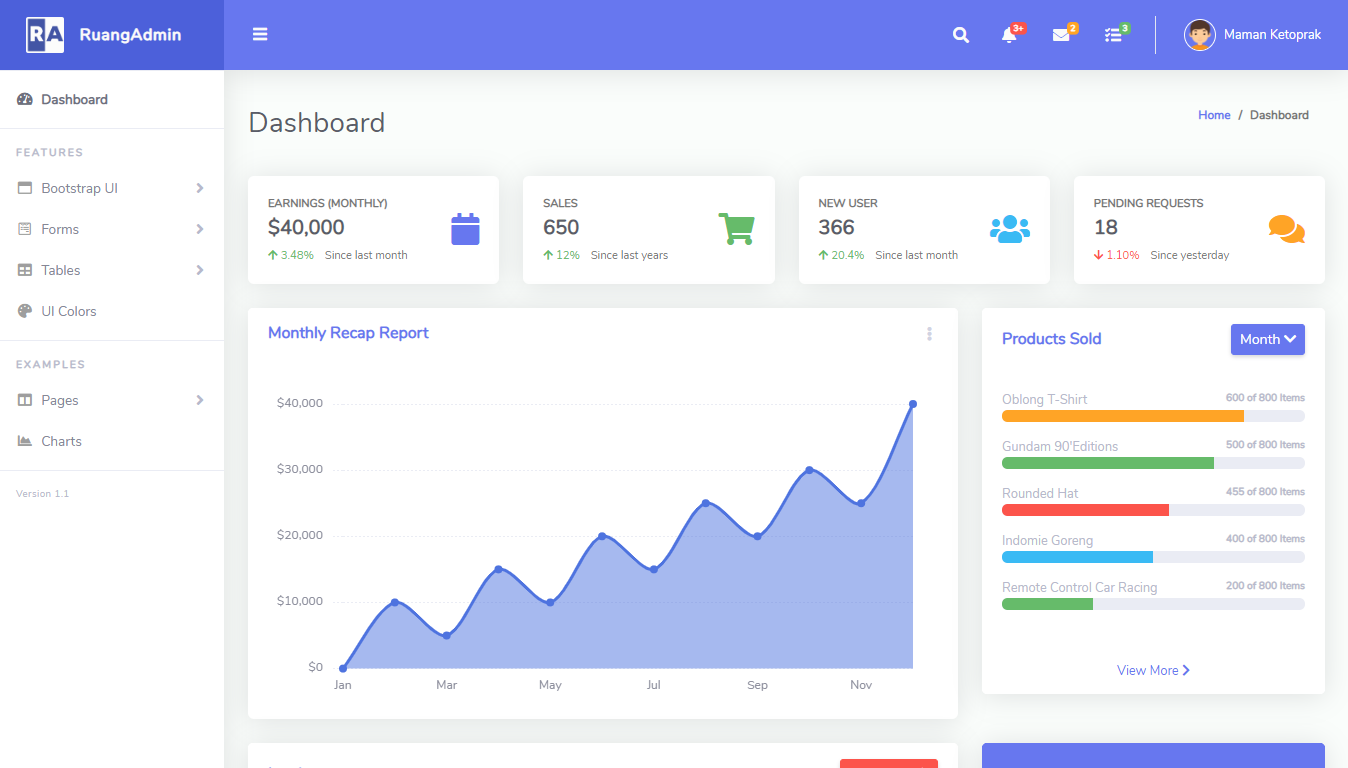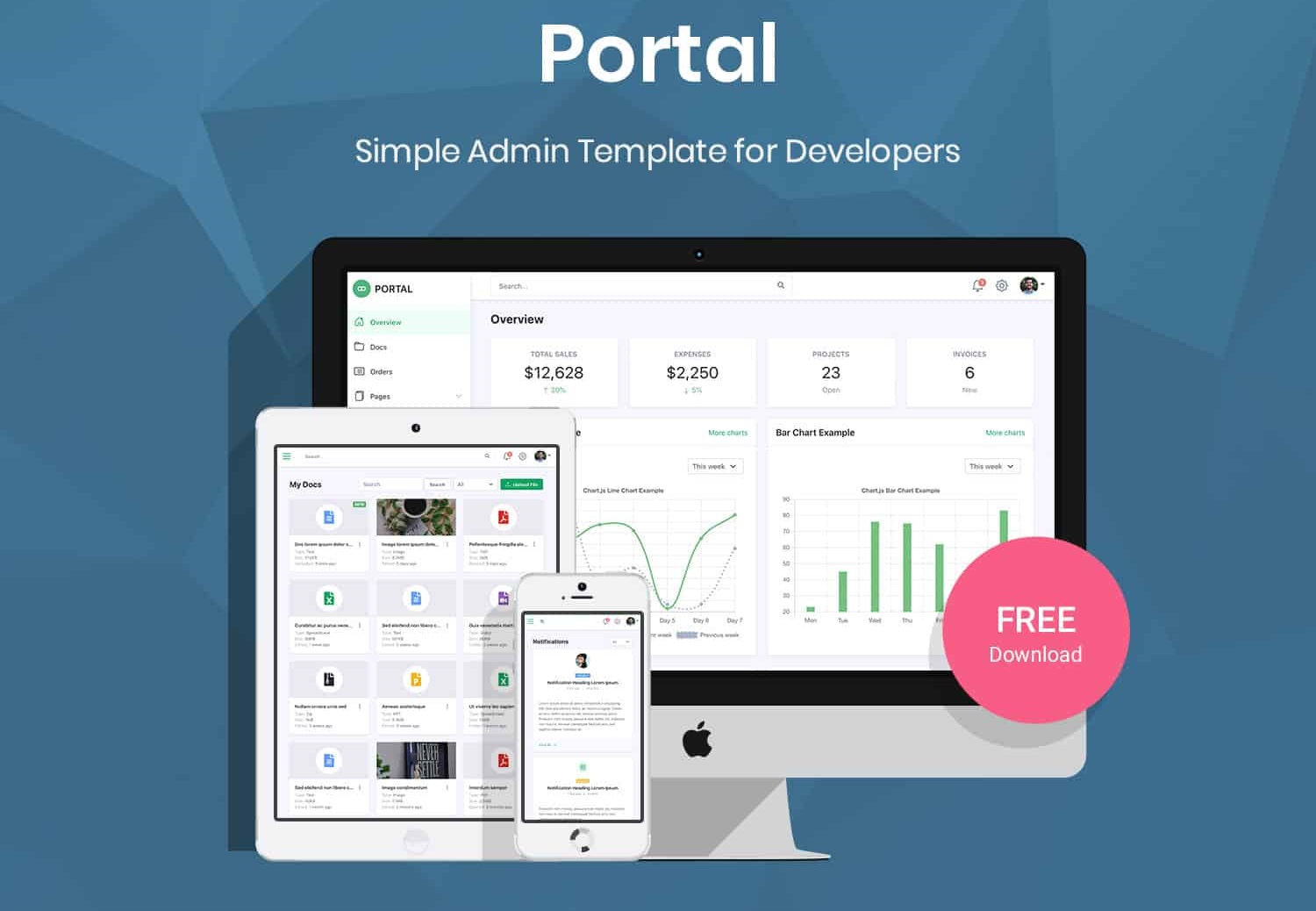How to Convert an object to JSON in C#
By Tan Lee Published on Feb 05, 2025 375
You can easily perform serialization using one of two main options:
- Use
JsonSerializer.Serialize()(fromSystem.Text.Json). - Use
JsonConvert.SerializeObject()(fromNewtonsoft.Json).
Below, I'll walk through examples using both methods.
Using JsonSerializer.Serialize() (from System.Text.Json)
For example, how you can serialize an object with System.Text.Json using the JsonSerializer.Serialize() method:
using System.Text.Json;
var book = new Book()
{
Title = "1984",
Author = "George Orwell",
Pages = 328,
PublishDate = new DateTime(year: 1949, month: 6, day: 8),
IsBestseller = true
};
var json = JsonSerializer.Serialize(book);In this example, the Book object is serialized into a JSON string using the default settings. The output would look like this:
{"Title":"1984","Author":"George Orwell","Pages":328,"PublishDate":"1949-06-08T00:00:00","IsBestseller":true}Customizing Serialization with JsonSerializerOptions
You can modify the default behavior of serialization by passing in a JsonSerializerOptions object.
For example, here’s how to pretty-print the JSON:
var options = new JsonSerializerOptions()
{
WriteIndented = true
};
var json = JsonSerializer.Serialize(book, options);This will output the JSON in a more readable format:
{
"Title": "1984",
"Author": "George Orwell",
"Pages": 328,
"PublishDate": "1949-06-08T00:00:00",
"IsBestseller": true
}Using JsonConvert.SerializeObject() (from Newtonsoft.Json)
If you prefer to use the Newtonsoft.Json package, you first need to install it via NuGet:
Install-Package Newtonsoft.Json
Once installed, here’s how to serialize an object with JsonConvert.SerializeObject():
using Newtonsoft.Json;
var book = new Book()
{
Title = "1984",
Author = "George Orwell",
Pages = 328,
PublishDate = new DateTime(year: 1949, month: 6, day: 8),
IsBestseller = true
};
var json = JsonConvert.SerializeObject(book, Formatting.Indented);This will produce the following JSON output:
{
"Title": "1984",
"Author": "George Orwell",
"Pages": 328,
"PublishDate": "1949-06-08T00:00:00",
"IsBestseller": true
}Notice the use of Formatting.Indented to pretty-print the JSON.
Customizing Serialization with JsonSerializerSettings
To further customize the serialization, you can pass a JsonSerializerSettings object. For instance, to convert property names to camel case while also pretty-printing:
using Newtonsoft.Json;
using Newtonsoft.Json.Serialization;
var settings = new JsonSerializerSettings()
{
ContractResolver = new CamelCasePropertyNamesContractResolver(),
Formatting = Formatting.Indented
};
var person = new Person() { FirstName = "John", LastName = "Doe" };
var json = JsonConvert.SerializeObject(person, settings);This generates the following JSON:
{
"firstName": "John",
"lastName": "Doe"
}Whether you choose System.Text.Json or Newtonsoft.Json, both libraries provide simple and powerful ways to serialize objects to JSON. You can also customize the serialization process by using options or settings to suit your application's needs.
- Article (Article, NewsArticle, BlogPosting) structured data
- Building Dynamic Structured Data with JSON-LD in ASP.NET Core
- Structured Data using FoxLearn.JsonLd
- Serialize and Deserialize a Multidimensional Array in JSON using C#
- JSON object contains a trailing comma at the end which is not supported
- How to use JsonDocument to read JSON in C#
- How to use JsonExtensionData in C#
- Serialize a tuple to JSON in C#





